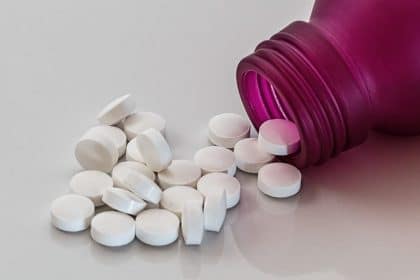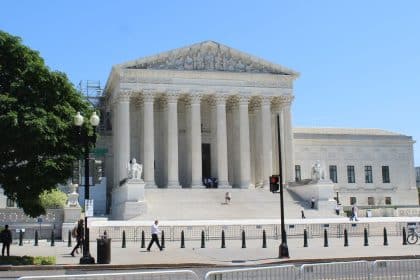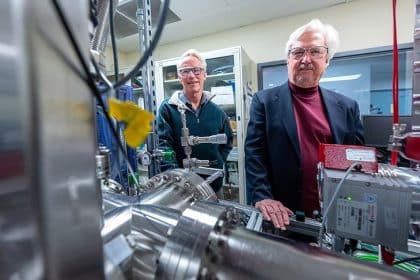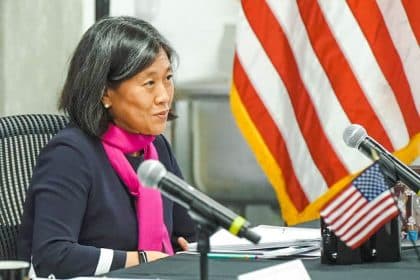Supreme Court Declines to Reconsider Patent Eligibility Test
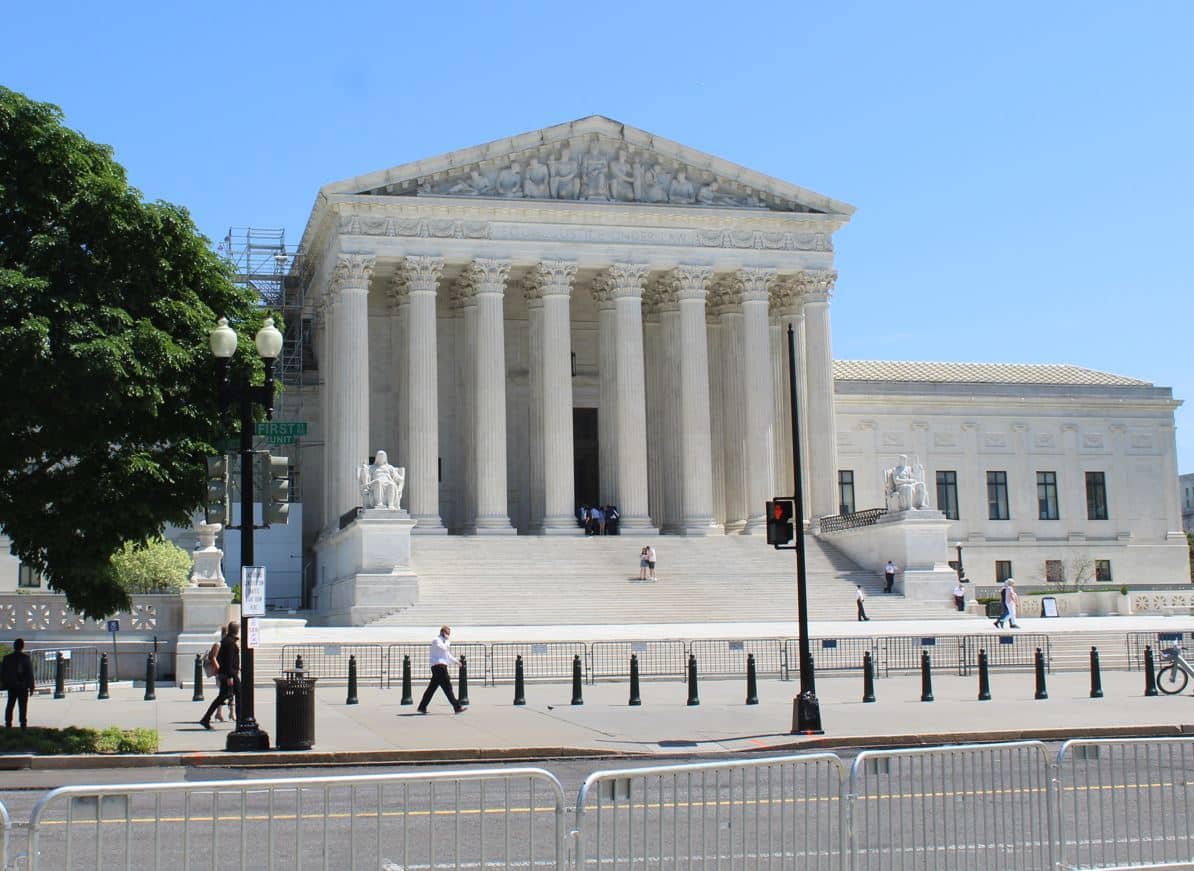
WASHINGTON — The Supreme Court on Monday declined to hear two cases dealing with patent eligibility, rejecting Solicitor General Elizabeth Prelogar’s call for the justices to bring “much-needed clarification” to an area over which federal appeals courts have repeatedly disagreed in recent years.
Traditionally, the U.S. Patent and Trademark Office has held that to qualify for a patent, a new invention and discovery must fall within the broad boundaries defined by 35 USC 101, which states that patents will only be granted for “any new and useful process, machine, manufacture, or composition of matter, or any new and useful improvement thereof.”
However, in the past decade, the U.S. Supreme Court has steadily narrowed those boundaries, holding in 2012 and 2014 that laws of nature, natural phenomena and abstract ideas are not patentable unless the request centers on an invention that goes beyond the subject matter.
The cases were, in the order in which they were heard, Mayo Collaborative Services v. Prometheus Laboratories, Inc., and Alice Corp. v. CLS Bank International.
Mayo arose after Prometheus Laboratories patented a method of testing for proper dosages of drug treatments used to treat gastrointestinal diseases. It subsequently sued the Mayo Clinic when the clinic attempted to use a similar test it had come up with.
A federal court invalidated both patents, holding that patents can’t cover the body’s reaction to drugs or treatments.
The U.S. Court of Appeals for the Federal Circuit later overturned that ruling.
The case arrived at the Supreme Court, where the justices were asked to decide whether certain types of diagnostic medical tests can be patented.
In a unanimous decision, they unequivocally said no. Writing for the court, Justice Stephen Breyer held that the processes involved in the test were unpatentable laws of nature, and that the method Prometheus sought to protect amounted to mere instructions to apply the laws of nature.
Similarly, in Alice Corp., the court unanimously ruled that the company’s computerized trading platform for certain financial transactions — using a third party to eliminate settlement risk — was unpatentable.
Writing for the court, Justice Clarence Thomas said patent law should not be an impediment to the “building blocks of human ingenuity,” and that in this case, Alice Corp’s “invention” did no more than have a generic computer carry out a practice that is an essential building block of the modern economy.
In short, the company simply didn’t do enough to transform an abstract idea into a patent-eligible invention.
Justice Sonia Sotomayor wrote a concurring opinion in which she said any claim that merely describes a method of doing business should not be patentable.
In deciding these cases, the court created an eligibility test for determining whether something is a patentable invention or not.
It was premised, as the court said in Alice, on the idea that “Mayo made clear that transformation into a patent-eligible application requires ‘more than simply stat[ing] the [abstract idea] while adding the words “apply it.”’”
The trouble was, even with the two rulings and the “test,” this area of the patent law remains contentious.
Last month, Prelogar submitted an amicus brief in two cases, David A. Tropp v. Travel Sentry, Inc. and Interactive Wearables, LLC v. Polar Electro Oy.
In both cases — one involving a wearable content player, the other a dual access lock — the courts ruled that neither device qualified as an “inventive concept.”
Prelogar argued the cases “involving two very different inventions,” would provide the justices with the opportunity “to clarify the proper reach and application of the abstract idea exception to patent eligibility under Section 101.”
“While the [earlier] decisions … were unanimous, the Federal Circuit has repeatedly divided in recent years over the content of the abstract-idea exception and the proper application of the two-step methodology under Section 101,” she wrote.
“By reviewing both cases, the court can illustrate the types of claimed inventions that fall both within and without the scope of the abstract-idea exception,” Prelogar added.
As is their custom, the justices did not explain their rationale for rejecting the cases. However, the court did note that Justice Brett Kavanaugh would have granted the petitions.
Dan can be reached at [email protected] and at https://twitter.com/DanMcCue


















